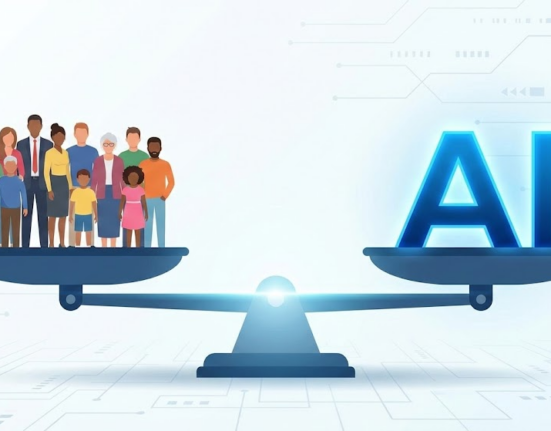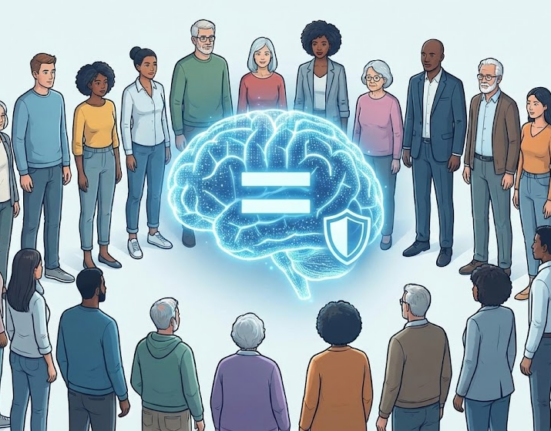Machine learning (ML) is transforming how industries operate, think, and grow. Across the globe, machine learning startups are pioneering new technologies, making AI smarter, faster, and more human-centered. These agile innovators are reshaping healthcare, finance, and sustainability — proving that big ideas often start small.
Why Machine Learning Startups Lead the AI Revolution
Startups thrive on agility and creativity. Unlike large corporations bound by layers of approval, they can experiment, fail, and iterate quickly. This flexibility makes startups ideal incubators for machine learning breakthroughs.
By leveraging massive data sets and scalable cloud tools, these companies are solving real-world problems with intelligent automation and predictive insights.
Key Sectors Where Machine Learning Startups Excel
Machine learning innovation extends across multiple industries. Let’s explore where startups are having the biggest impact.
Healthcare and Biotechnology
AI-powered startups are transforming medicine through predictive analytics, precision care, and drug discovery.
Examples:
- Tempus: Uses ML for personalized cancer treatment.
- Insilico Medicine: Accelerates drug discovery using deep learning models.
Machine learning reduces diagnosis times, improves accuracy, and helps doctors make more informed decisions.
Fintech and Smart Finance
In finance, machine learning startups are improving risk assessment, fraud detection, and lending fairness.
Examples:
- Upstart: Uses ML to provide fairer loan approvals.
- Zest AI: Builds explainable algorithms for credit scoring.
These technologies make financial systems more inclusive and efficient.
Autonomous Systems and Robotics
Startups are revolutionizing automation through robotics and self-driving technologies.
Examples:
- Aurora Innovation: Develops autonomous driving software.
- Covariant: Designs AI-driven warehouse robots that learn tasks dynamically.
Machine learning gives robots the ability to adapt and perform complex, repetitive tasks with precision.
Natural Language Processing (NLP)
NLP startups are enhancing how humans communicate with machines.
Examples:
- Cohere and Anthropic: Create advanced language models for chatbots and assistants.
- Hugging Face: Provides open-source NLP models for developers worldwide.
These tools are redefining digital communication and customer engagement.
Sustainability and Climate Tech
AI is tackling global challenges through sustainability-focused startups.
Examples:
- ClimateAI: Predicts environmental risks with ML forecasting.
- Pachama: Uses AI to verify carbon offsets via satellite data.
These innovations make climate action measurable, trackable, and scalable.
Technologies Powering Machine Learning Startups
Several technologies give startups their competitive edge:
- Cloud Computing: Enables large-scale training and deployment without heavy infrastructure.
- Open-Source Frameworks: Libraries like TensorFlow and PyTorch accelerate innovation.
- Synthetic Data Generation: Helps create secure datasets without violating privacy.
Together, these technologies fuel the rapid growth of AI innovation.
Investment Trends in Machine Learning Startups
Venture capital interest in AI continues to surge. In 2024, machine learning startups attracted billions in funding, especially in generative AI, automation, and healthcare.
Accelerators like Y Combinator and Techstars play a crucial role by nurturing early-stage founders who are pushing the boundaries of what’s possible.
Top Machine Learning Startups to Watch
Here are some standout innovators reshaping the industry:
- Scale AI: Specializes in data annotation for AI model training.
- Runway: Powers generative video and visual editing with AI.
- OctoML: Automates and optimizes model deployment across devices.
- DataRobot: Offers end-to-end automated machine learning platforms.
- Hugging Face: Democratizes access to cutting-edge ML models.
Each startup represents a different facet of the AI revolution — from creative tools to enterprise-scale analytics.
Challenges Facing Machine Learning Startups
Innovation comes with hurdles:
- Data quality issues can introduce bias and limit accuracy.
- High compute costs strain budgets for smaller teams.
- Regulatory compliance adds legal complexity.
- Talent competition makes recruiting AI experts difficult.
Despite these barriers, startups continue to find creative solutions that make them industry leaders.
Ethical AI and Governance
As startups scale, building ethical AI becomes essential. Governance frameworks ensure fairness, transparency, and accountability.
By integrating ethical design early, startups avoid pitfalls like bias and misuse — gaining trust from users and investors alike.
The Future of Machine Learning Startups
The next generation of machine learning startups will focus on:
- Generative AI for creative and industrial applications.
- AI models that respect privacy and reduce carbon impact.
- Decentralized and open-source machine learning ecosystems.
These startups will not just enhance productivity — they’ll redefine what’s possible with technology.
Conclusion
Machine learning startups are the heartbeat of modern innovation. Their bold experiments and ethical approaches are shaping the AI-driven future — one breakthrough at a time. Whether in healthcare, finance, or sustainability, these pioneers are proving that intelligent technology can be both powerful and responsible.
FAQ
1. Why are machine learning startups important?
They accelerate AI progress by experimenting faster and bringing innovations to market quickly.
2. Which sectors benefit most from machine learning startups?
Healthcare, finance, robotics, and sustainability are leading beneficiaries.
3. What challenges do these startups face?
They deal with high costs, data limitations, and ethical governance requirements.
4. How are investors supporting ML startups?
Venture capital firms and accelerators fund high-impact startups shaping AI’s future.
5. What’s next for machine learning startups?
Expect a surge in sustainable AI models, creative tools, and global collaboration through open-source platforms.








